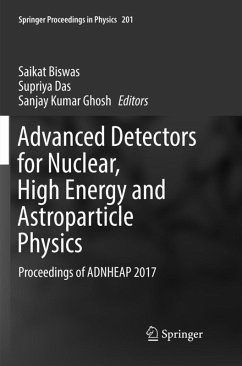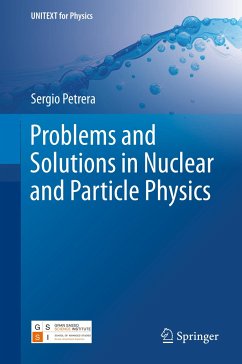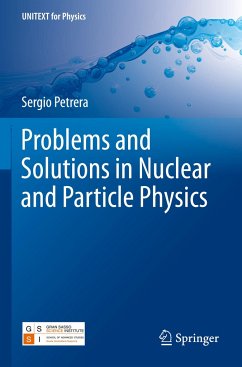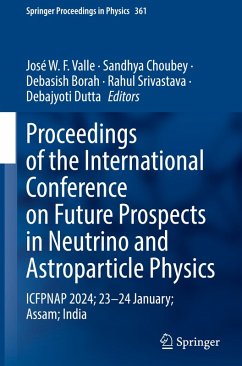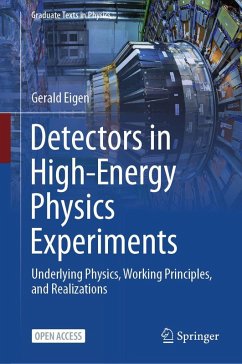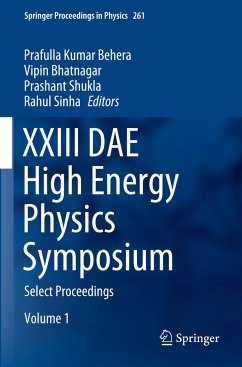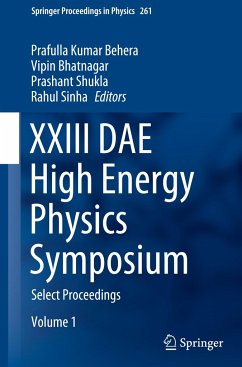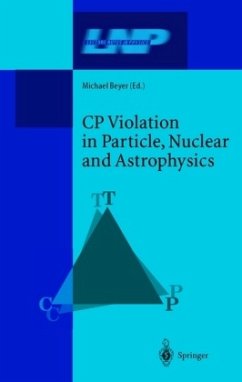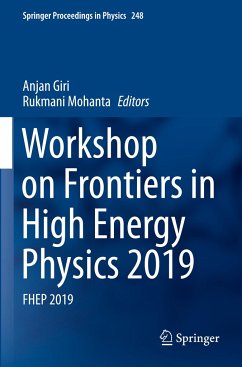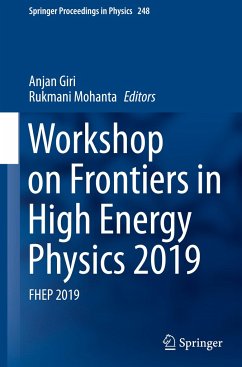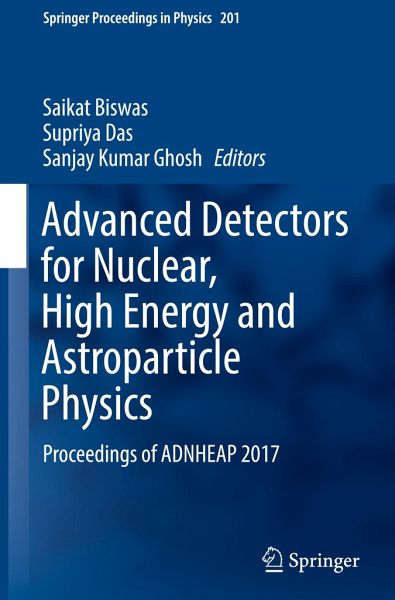
Advanced Detectors for Nuclear, High Energy and Astroparticle Physics
Proceedings of ADNHEAP 2017
Herausgegeben: Biswas, Saikat; Das, Supriya; Ghosh, Sanjay Kumar

PAYBACK Punkte
38 °P sammeln!
The book presents high-quality papers presented at a national conference on 'Advanced Detectors for Nuclear, High Energy and Astroparticle Physics'. The conference was organized to commemorate 100 years of Bose Institute. The book is based on the theme of the conference and provides a clear picture of basics and advancement of detectors for nuclear physics, high-energy physics and astroparticle physics together. The topics covered in the book include detectors for accelerator-based high energy physics; detectors for non-accelerator particle physics; nuclear physics detectors; detection techniq...
The book presents high-quality papers presented at a national conference on 'Advanced Detectors for Nuclear, High Energy and Astroparticle Physics'. The conference was organized to commemorate 100 years of Bose Institute. The book is based on the theme of the conference and provides a clear picture of basics and advancement of detectors for nuclear physics, high-energy physics and astroparticle physics together. The topics covered in the book include detectors for accelerator-based high energy physics; detectors for non-accelerator particle physics; nuclear physics detectors; detection techniques in astroparticle physics and dark matter; and applications and simulations. The book will be a good reference for researchers and industrial personnel working in the area of nuclear and astroparticle physics.



